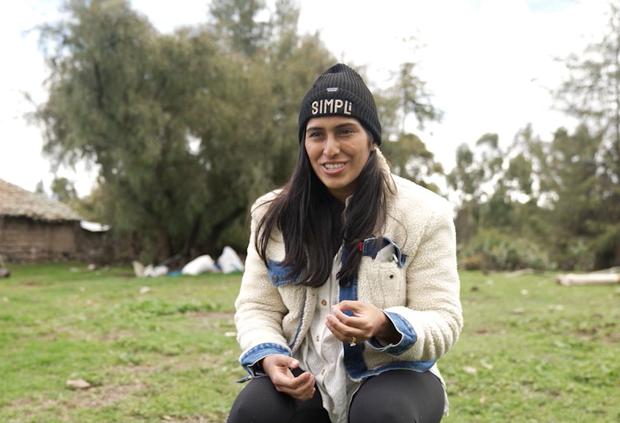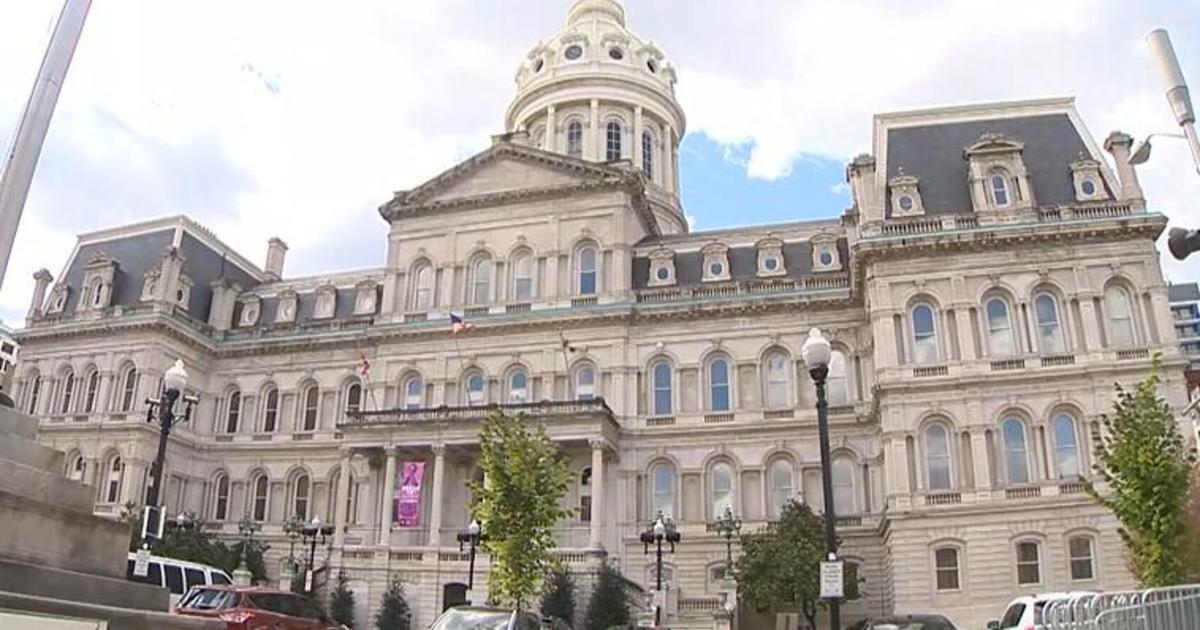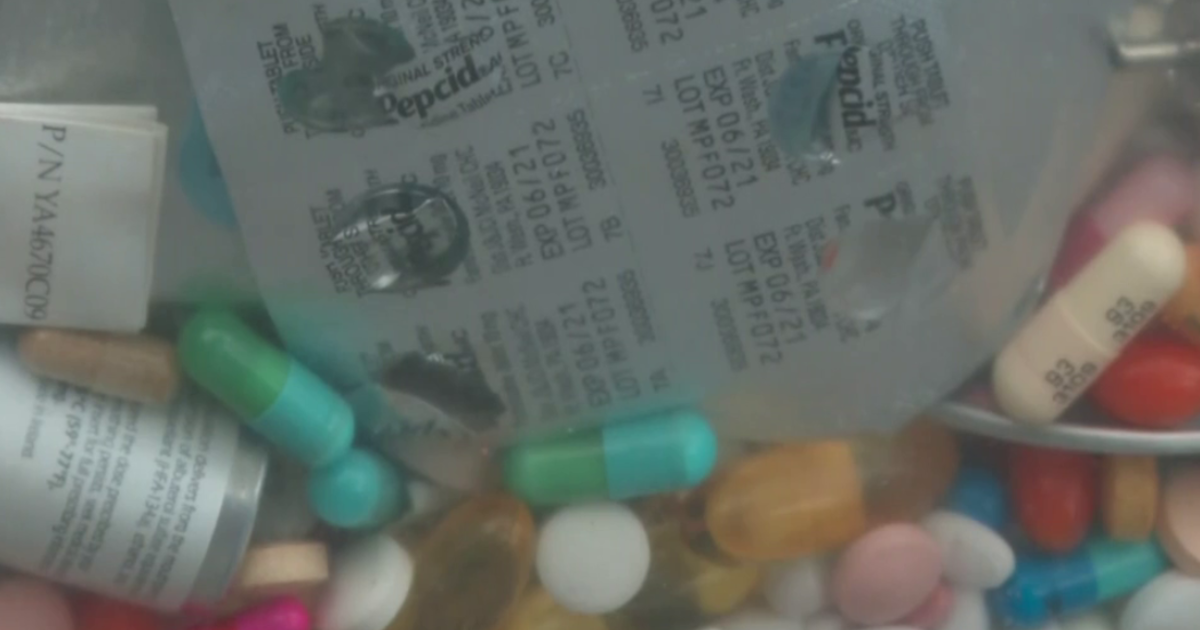How a Baltimore food-sourcing startup is trying to give farmers a fairer deal
(CNN) — Today, Sarela Herrada lives in Maryland, but she grew up near Lima, Peru.
There, her family owned and raised organic chickens. Their neighbors were smallhold farmers, who grew crops for the community and for export.
But as Herrada grew up, she realized that getting farmers' produce into stores thousands of miles away was a complex process, and one that didn't always benefit the farmers.
"The pricing was really dictated by the middleman," explains Herrada. "It's something that I've seen when I was a kid back in the nineties, but also in today's modern age."
Herrada and her husband Matt Cohen set out to fix this by eliminating the middleman and improving the buying process. In 2020, they launched SIMPLi, which supplies ethically sourced foods, including quinoa, chickpeas, chocolate and olive oil to US retailers and restaurants such as Whole Foods Market.
These products come at a premium price but Herrada hopes people will buy them if they understand why.
"Behind every piece of grain that is sold or every drop of oil, there is a farmer that has touched the product at the country of origin, and there's a hand that has harvested, that has seeded, that has seen that product grow, and it really is a product of love," she said. "Being able to provide that visibility is really what we're trying to achieve here."
Committing to farmers
SIMPLi, based in Baltimore City, works with 3,000 producers across South America and Europe, including in the Andes mountains in southern Peru. There, in an area near the city of Ayacucho, Sarela says 58 people work the fields, rotating between crops such as corn, quinoa and beans.
This land has been cultivated for as long as these farmers can remember, but they say that the selling process has improved since they began working with SIMPLi. "The main benefit is the price," said farmer Cristina Cárdenas de La Cruz.
"They buy everything with a fixed price and give you full value. But if we sell this to a private dealer, they tell us that this is a different price and the result it is not good, it is not what you worked for," she says.
Traditionally in Peru, middlemen in rural areas buy produce from multiple farms and sell it in batches to buyers further up the supply chain. This process might be repeated a few times in Peru and then again in other countries, with the sellers each taking a cut along the way.
"Usually there is about six different parties that will touch the product from the producer all the way to consumer," said Herrada. "What we're trying to do is eliminate as many parties as we can, so we are able to shift those dollars that would've been made by the middlemen back to the producer."
SIMPLi does this through what's known as a vertical supply chain, taking care of every step, from processing and packaging the food, to handling the paperwork.
That level of control brings extra challenges with cashflow. "Usually, from the time that we pay our farmers upfront at country of origin until the product is sold and we get paid, we're talking about 120 days," said Herrada.
"You're committed to the farmer, you're committed to that supply. If the rain comes late, if the rain comes early, if you have a high yield, if you have a low yield, you're committed to that product."
There are other global initiatives, such as Fairtrade, aimed at getting farmers a better price for their produce, but one thing that differentiates SIMPLi is its focus on eco-friendly agriculture.
Herrada says that working closely with farmers means they can encourage them to grow regeneratively - an age-old method that focuses largely on soil health, using methods such as crop rotation to replenish the soil, rather than the single-crop monoculture favored by modern industrial farming.
SIMPLi's quinoa and lupini benas have earnedhttps://eatsimpli.com/pages/simpli-becomes-first-south-american-brand-to-earn-regenerative-organic-certification-for-its-quinoa-and-lupini-beansRegenerative Organic Certification (ROC) - a new accreditation for organic products that meet requirements for "soil health, animal welfare and social fairness."
"It took me years to figure out what my purpose is, and I think my purpose is to preserve what Mother Earth is," said Herrada. "I'm here to support regenerative agricultural practices and to bring awareness to the market."
The-CNN-Wire
™ & © 2023 Cable News Network, Inc., a Warner Bros. Discovery Company. All rights reserved.




